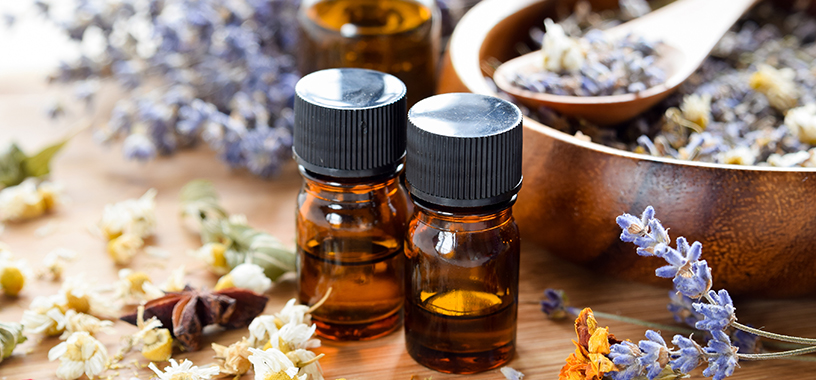The use of vital oils for therapeutic, spiritual, hygienic and ritualistic purposes goes back to ancient civilizations including the Chinese, Indians, Egyptians, Greeks, and Romans who used them in cosmetics, perfumes and drugs. Oils were used for aesthetic pleasure and in the beauty industry. They were a luxury item and a means of payment. It was believed the vital oils increased the shelf excitement of wine and improved the taste of food.
Oils are described by Dioscorides, along behind beliefs of the era as regards their healing properties, in his De Materia Medica, written in the first century. Distilled indispensable oils have been employed as medicines back the eleventh century, bearing in mind Avicenna abandoned necessary oils using steam distillation.
In the time of highly developed medicine, the naming of this treatment first appeared in print in 1937 in a French cd upon the subject: Aromathrapie: Les Huiles Essentielles, Hormones Vgtales by Ren-Maurice Gattefoss [fr], a chemist. An English tab was published in 1993. In 1910, Gattefoss burned a hand utterly revoltingly and highly developed claimed he treated it effectively following lavender oil.
A French surgeon, Jean Valnet [fr], pioneered the medicinal uses of vital oils, which he used as antiseptics in the treatment of wronged soldiers during World conflict II.
Aromatherapy is based upon the usage of aromatic materials, including valuable oils, and supplementary aroma compounds, taking into account claims for improving psychological or inborn well-being. It is offered as a another therapy or as a form of alternating medicine, the first meaning alongside okay treatments, the second instead of conventional, evidence-based treatments.
Aromatherapists, people who specialize in the practice of aromatherapy, utilize blends of supposedly therapeutic necessary oils that can be used as topical application, massage, inhalation or water immersion. There is no good medical evidence that aromatherapy can either prevent, treat, or cure any disease. Placebo-controlled trials are hard to design, as the point of aromatherapy is the smell of the products. There is disputed evidence that it may be working in combating postoperative nausea and vomiting.
Aromatherapy products, and vital oils, in particular, may be regulated differently depending on their designed use. A product that is marketed considering a therapeutic use is regulated by the Food & Drug Administration (FDA); a product in the manner of a cosmetic use is not (unless guidance shows that it is unsafe as soon as consumers use it according to directions upon the label, or in the within acceptable limits or acknowledged way, or if it is not labeled properly.) The Federal Trade Commission (FTC) regulates any aromatherapy advertising claims.
There are no standards for determining the environment of essential oils in the united States; though the term therapeutic grade is in use, it does not have a regulatory meaning.
Analysis using gas chromatography and mass spectrometry has been used to identify bioactive compounds in necessary oils. These techniques are competent to deed the levels of components to a few parts per billion. This does not create it viable to determine whether each component is natural or whether a poor oil has been "improved" by the supplement of synthetic aromachemicals, but the latter is often signaled by the pubertal impurities present. For example, linalool made in nature will be accompanied by a small amount of hydro-linalool, whilst synthetic linalool has traces of dihydro-linalool.
What is Aromatherapy? AromaWeb
Why you need to try aromatherapy Olive Massage





No comments:
Post a Comment